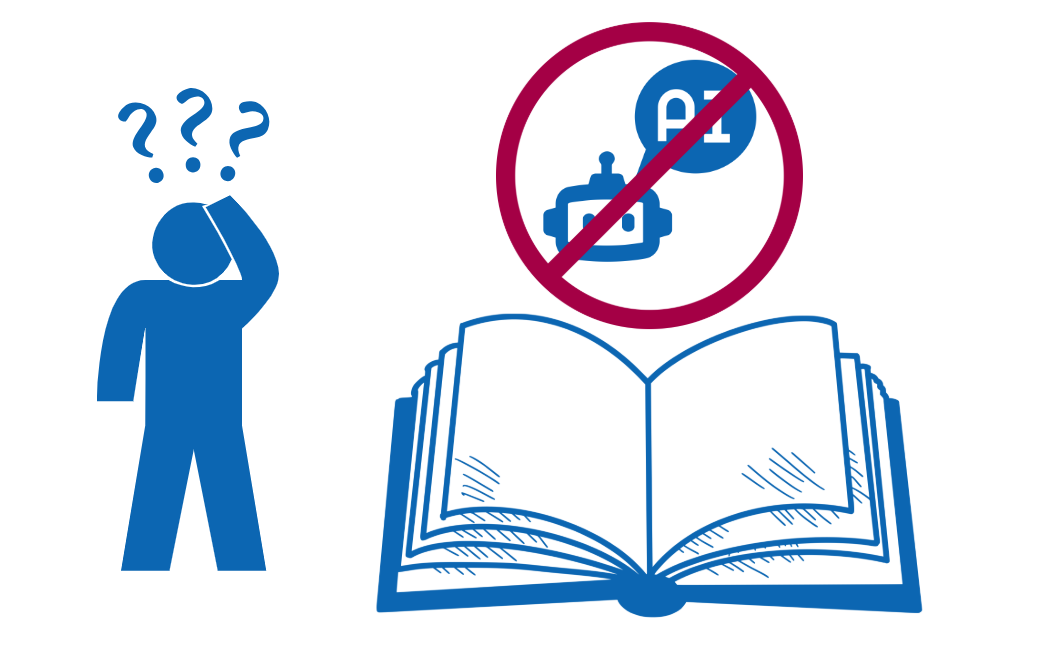It’s that time of year again. The seasons are fluctuating, leaves are falling, ragweed is still growing and that haunting sneeze won’t leave you in peace. When we get that annoying itchy nose and irritated skin, many of us dig through the medicine cabinet and take out the familiar and comforting medicine, Benadryl.
But, as a person with severe allergies, I was horrified to learn this common household drug has many dangers.
Benadryl is a first-generation antihistamine, a drug that treats allergy symptoms and commonly has diphenhydramine as an active ingredient. Diphenhydramine is proven to cause Dementia and Alzheimer’s with long term use, resulting in Zimbabwe banning the drug and Japan placing limits on the amount consumed.
First-generation antihistamines interfere with the blood-brain barrier, causing sedation, drowsiness, poor cognitive performance and memory. In severe cases, this medicine can cause hallucinations and possibly death.
My own friends take Benadryl daily, oblivious to the warnings. I myself didn’t learn about this until my allergy doctor informed me. It’s frightening to think about how a common drug can possibly cause so much distress.
Benadryl has already claimed several lives. In 2020, influencers on social media platforms, like TikTok, promoted teenagers to overdose on Benadryl, causing hallucinations. Many saw this as a fun trend to do with friends, but it resulted in families rushing their teenagers to the hospital.
If Benadryl can actively destroy our cognitive function, why does the majority of the population still consistently use it?
I’m pursuing a career in medicine, and it’s concerning to see my friends and family clueless of the dangerous side effects this common drug holds. It’s also frustrating when doctors don’t make an effort to inform their patients about the risk factors.
It takes a lot of work to deprogram the populations’ minds to see Benadryl as dangerous. Also many doctors are not keeping up with the cutting edge of medicine and are unaware of the shift away from Benadryl. Doctors should be more responsible as medicine constantly evolves and their choices will affect patients.
There are many newer antihistamines that you should use to replace Benadryl. I would recommend cetirizine (Zyrtec), desloratadine (Aerius), fexofenadine (Allegra), loratadine (Claritin) and rupatadine (Rupall).
As of 2019, second and third antihistamines have less serious side effects when taking in high amounts, unlike the first-generation.
So next time you’re digging through your medicine cabinet, make sure to do your research before reaching for the closest bottle of pills with the famous trade name.







